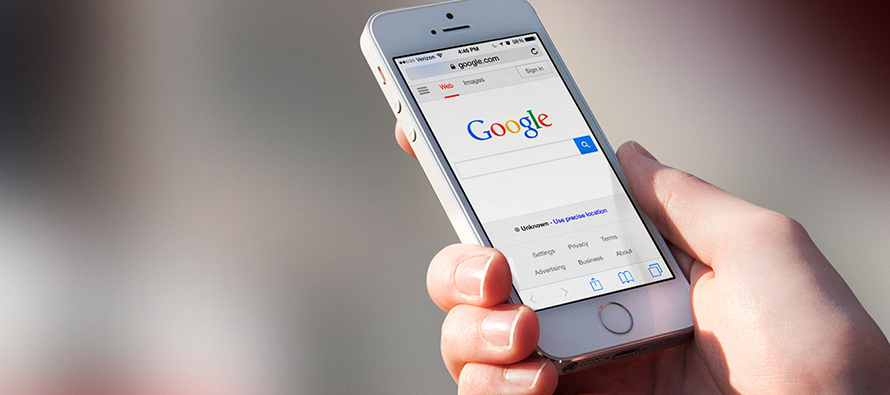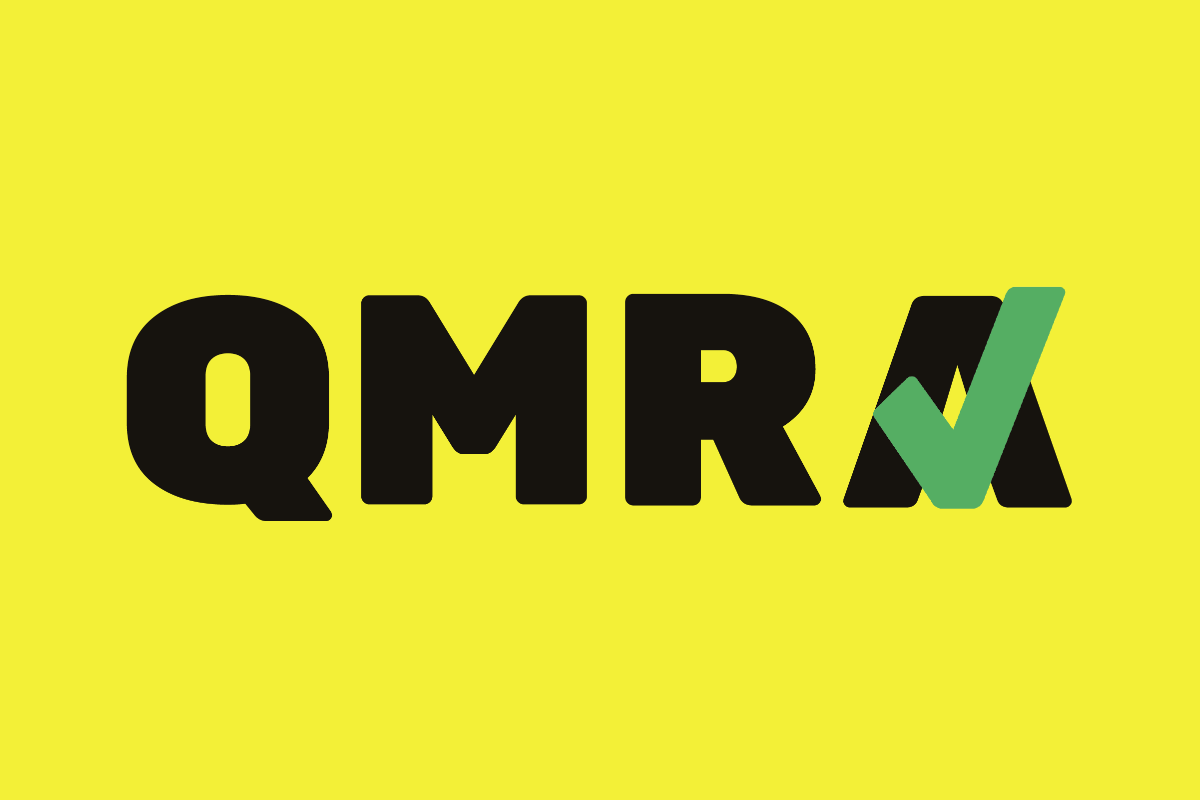SEO Updates
Google is changing smartphone user-agent of Googlebot

Google, the head honcho of search engines is updating their smartphone user-agent on April 18, 2016. Make sure to test your web site to ensure it will allow Googlebot in.
In one of their recent announcement, on the Google Webmaster blog, the team at Google has announced that that on April 18, 2016, they will be updating their user-agent for the smartphone Googlebot crawler.
The user-agent will change from an iPhone user-agent to an Android user-agent, but it should have no impact on 99% of all web sites, according to Google. You can find the full announcement here.
Googlebot smartphone user-agent starting from April 18, 2016
[blockquote style=”1″]Mozilla/5.0 (Linux; Android 6.0.1; Nexus 5X Build/MMB29P) AppleWebKit/537.36 (KHTML, like Gecko) Chrome/41.0.2272.96 Mobile Safari/537.36 (compatible; Googlebot/2.1; +http://www.google.com/bot.html) [/blockquote]
Current Googlebot smartphone user-agent
[blockquote style=”1″]Mozilla/5.0 (iPhone; CPU iPhone OS 8_3 like Mac OS X) AppleWebKit/600.1.4 (KHTML, like Gecko) Version/8.0 Mobile/12F70 Safari/600.1.4 (compatible; Googlebot/2.1; +http://www.google.com/bot.html)[/blockquote]
Basically, as reported on other professional sites as well, the main difference you can see here is that Google is replacing the Apple iPhone and Safari string from the user-agent and replacing it with Android and Chrome.
Google said they are making this change so that their “renderer can better understand pages that use newer web technologies.”
“We’re updating the user-agent string so that our renderer can better understand pages that use newer web technologies. Our renderer evolves over time and the user-agent string indicates that that it is becoming more similar to Chrome than Safari. To make sure your site can be viewed properly by a wide range of users and browsers, we recommend using feature detection and progressive enhancement.”
Google added that as the web evolved they decided to change the “user-agent string indicates that that it is becoming more similar to Chrome than Safari.” Google said their “evaluation suggests that this user-agent change should have no effect on 99% of sites.”
“Our evaluation suggests that this user-agent change should have no effect on 99% of sites. The most common reason a site might be affected is if it specifically looks for a particular Googlebot user-agent string. User-agent sniffing for Googlebot is not recommended and is considered to be a form of cloaking. Googlebot should be treated like any other browser.”
To ensure your site won’t be impacted by this change, use the Fetch and Render Tool in the Google Search Console.

News
QMRA Research – Warning on potential Affiliate Ban in Finland

Lessons from the Netherlands Show the Risks of Eliminating Regulated SEO Affiliates
Finland is planning to ban affiliate marketing in its newly regulated online gambling market. The Finnish Government proposal HE 16/2025 VP sees affiliate marketing as problematic for the following reasons: risk of misuse by presenting incorrect information, blurring legal boundaries (difficulty distinguishing licensed and unlicensed operators), a lack of consumer protection (by not being neutral) and tax avoidance (as most affiliate operators are foreign registered).
New research from Quality Mark Responsible Affiliates (QMRA) warns that such a ban could have severe unintended consequences, including a rise in illegal gambling operators dominating search engine results.
Drawing on lessons from the Dutch market, where online gambling has been regulated since 2021, the report underscores the crucial role of SEO affiliates in directing consumers to legal, licensed operators and countering the influence of unregulated platforms.
The Netherlands has witnessed firsthand the challenges of illegal gambling platforms using SEO and Google Ads to attract vulnerable players. Research by Keurmerk Verantwoorde Affiliates (KVA) found that when legal affiliates are restricted, search results are quickly overrun by unlicensed operators. These sites often target minors and self-excluded gamblers, lack responsible gambling protections, and operate with minimal oversight.
Steven Vrolijk, QMRA Director: “The Dutch market has taught us a lot about how illegal operators adapt. We’ve also seen that proactive, responsible affiliates play a crucial role in pushing back against them. SEO affiliation is a form of advertising that only appears when a consumer is actively searching for gambling options. If Finland bans legal affiliates, its search results may soon be dominated by illegal results.”
The report highlights key risks associated with an affiliate marketing ban:
- Increased visibility of illegal gambling sites – Without regulated affiliates, players will primarily encounter unlicensed operators.
- Lack of consumer protections – Illegal sites do not enforce responsible gambling measures or age verification.
- Higher risk of fraud and money laundering – Many unlicensed operators accept cryptocurrency and other anonymous payment methods.
- Targeting of vulnerable players – Minors and problem gamblers are more likely to be exposed to unregulated gambling.
Instead of a full ban, QMRA recommends Finland implement a structured affiliate marketing framework.
Download the full report
The full report provides an in-depth analysis of the risks and offers data-driven recommendations.
News
Google Search will start ranking faster mobile pages higher in July

Google on Wednesday announced a new project to improve its mobile search results: factoring page speed into its search ranking. As the company notes, page speed “has been used in ranking for some time” but that was largely for desktop searches. Starting in July 2018, page speed will be a ranking factor for mobile searches on Google as well.
In November 2014, Google started labeling sites as “mobile-friendly” to denote pages optimized for phones. The company then spent the next few years experimenting with using the label as a ranking factor, ultimately pushing those changes in April 2015 and increasing the effect in May 2016. The label was removed in August 2016 as the company noted that most pages had become “mobile-friendly.”
Google now plans to wield that power again to make mobile pages load faster. Here is how the company explains it:
The “Speed Update,” as we’re calling it, will only affect pages that deliver the slowest experience to users and will only affect a small percentage of queries. It applies the same standard to all pages, regardless of the technology used to build the page. The intent of the search query is still a very strong signal, so a slow page may still rank highly if it has great, relevant content.
The move is part of a bigger push at Google to speed up the mobile web. Earlier this month, the company started rolling out its new Search Console to website owners globally. The tool lets web developers analyze their site’s indexing on Google Search, view analytics, peruse inbound links, submit and remove content for crawling, monitor malware, and so on.
Google will not be offering a tool that directly indicates whether a page will be affected by this new mobile ranking factor starting in July. Instead, the company points to three of its own resources that developers can use to evaluate their mobile page’s performance: Chrome User Experience Report, Lighthouse, and PageSpeed Insights.
Interestingly, the announcement doesn’t mention Google’s Accelerated Mobile Pages (AMP) project. At its I/O developers conference last year, the company shared that AMP pages now load twice as fast from Google Search, and just last week the team announced that AMP URLs will be getting a makeover. It doesn’t look like implementing AMP is enough to get a boost from this upcoming Speed Update — Google wants developers to improve their mobile site performance across the board.
News
Google’s new algorithm update may be rolling out since June 25

Did you notice changes in your Google organic search traffic or rankings? There may have been a serious Google algorithm update.
After a relatively considerable period of quiet, Google has just rolled out its latest algorithm update a few days ago. Rumors started to spread on Monday about the possible algorithm update.
Not since October 2016 have we seen a Google update as long running, lasting five or more days. In this context, the current rendition of Google’s ever-changing algorithm has a degree of esteem that is not common to all updates. Like its counterparts though, discerning the actual impact of the update on rank is intrinsically elusive. That is, determining the character of the update, as well as what sites in what positions were impacted is challenging.

The above chart shows a substantial increase in rank fluctuations over an extended five day period!
Fluctuations in the Gambling Niche
When trying to determine if Google has rolled out a quality update, this niche was not exceptional when compared to other industries. However, like the other niches, here too Google has honed in on sites ranking between positions 6-10 on the SERP’s.

As indicated above there was a proportional increase in ranking fluctuations during the update as compared to the baseline fluctuation rates. The percentage of the top 3 results that matched exactly at both the start and end points of the baseline period was 51.19%, whereas that number decreased to 43.35% during the update, establishing a 15.3% increase in ranking fluctuations.
Fluctuations for the top 5 results increased by 30.8%, double the increase in fluctuations seen within the top 3 results. Doubling the increase seen within those results, sites within the first top 10 positions underwent a massive 60.3% increase in fluctuations during the update.
-

 News2 weeks ago
News2 weeks agoN1 Faces: Dmitry Filippov — What’s Behind Sustainable Growth in Affiliate Marketing?
-

 News2 weeks ago
News2 weeks agoTop Sports Events & Promos by N1 Partners: Where to Drive Tier-1 Traffic in February
-

 News1 week ago
News1 week agoN1 Partners’ Sky Dining Event for Top Partners at SiGMA Eurasia
-

 News4 days ago
News4 days agoN1 Traffic Cups: The Year of Traffic Tournaments Starts soon
-

 News2 days ago
News2 days agoN1 Insights: The iGaming Trends Everyone Will Be Talking About This March






















